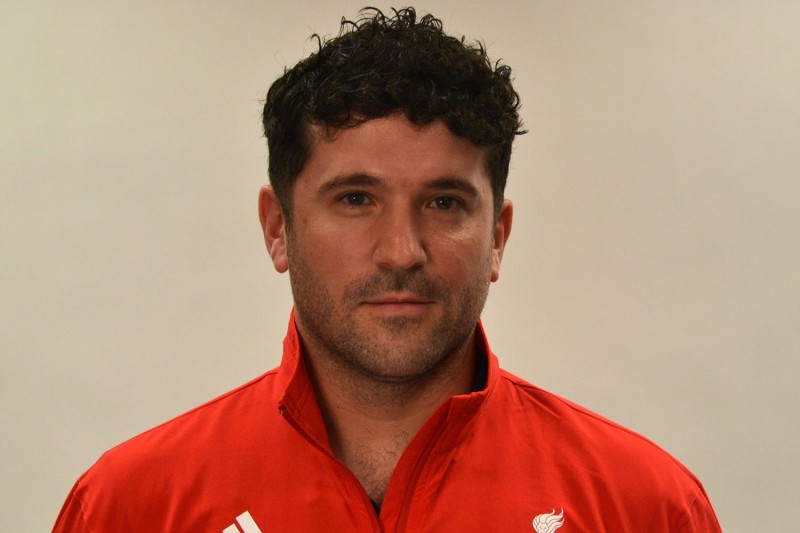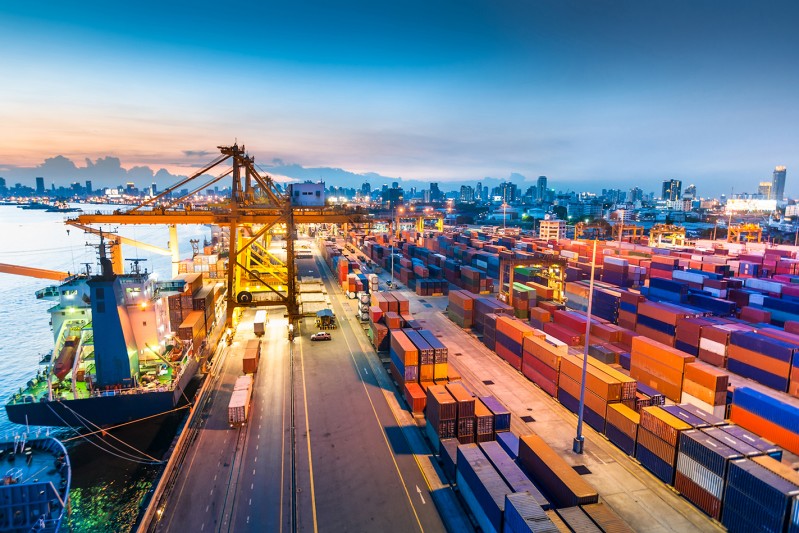By Melanie Klinkner, Bournemouth University
The International Criminal Court (ICC) has not showered itself in glory of late. Long beset by accusations of bias and ineffectiveness, and with cases looking shaky, the front line of international justice could do with a decisive success to its name.
But, for once, there’s hope. In a recent interview, ICC chief investigator Fatou Bensouda said her office is looking into ways of officially investigating crimes by foreign fighters who have joined Islamic State (IS) in Syria and Iraq.
Meanwhile, in New York, members of the United Nations voted for a resolution condemning North Korea for human rights abuses. The resolution calls for the prosecution of North Korean leaders for alleged crimes against humanity before the ICC.
These developments offer the ICC a chance to enhance its profile and instil some much-needed faith in the whole idea of a global justice system.
The problem, as ever, will be making it happen.
Fighting the fighters
In response to continuing violence and reports of gross human rights abuses by Islamic State militants in Iraq and in Syria, questions have been asked whether referrals to the ICC are in fact possible.
On the face of it, the answer is almost certainly no. Iraq is not a member of the ICC, which means the court does not have jurisdiction to investigate crimes committed on Iraqi territory. Only through a UN Security Council resolution would a referral to the ICC be possible.
A referral could provide for a narrow scope in spatial and temporal jurisdiction of the court – but there has been no real effort to push for one. That’s partly because the UK and US are not keen on investigations that would also examine their involvement in Iraq and partly because Russia does not want to see ICC investigators in Syria (like Iraq, Syria is not an ICC member).
But there may be another way. Remember that the ICC is investigating allegations of British human rights violations in Iraq between 2003 and 2008. Even though the alleged crime scenes are on Iraqi territory, the UK’s membership of the court means its investigators do have jurisdiction to do this.
Now the ICC’s Office of the Prosecutor is looking into a different approach. The focus is on jihad-tourists joining to fight for IS. IS fighters come from many different countries, of which some are ICC members.
When they return to their home countries, they will be subject to national criminal law, as shown by the sentences imposed on British brothers for terrorism training in Syria.
Bensouda clearly thinks there is scope to investigate and prosecute those foreign fighters deemed to be responsible for war crimes or crimes against humanity. Explaining that she is looking into the possibility of investigating fighters coming from Jordan, Tunisia and other European countries, she said the foreign minister of Lebanon was among those encouraging her to explore this line of action.
As always, problems remain: the chief prosecutor acknowledged the significant difficulties and safety concerns involved in investigating crimes in IS-occupied countries. Furthermore, only if the concerned states are unwilling or unable to prosecute perpetrators themselves will any case be admissible before the ICC. So politics will inevitably play a role.
With friends like these …
Meanwhile, at the UN General Assembly committee overseeing human rights, members voted for action by the ICC against North Korea, another non-member that is widely condemned for abuses of human rights. That makes it a prime candidate for international criminal justice.
Following a damning report by the UN Human Rights Committee’s panel of experts, the resolution recommends the prosecution of North Korean leaders for crimes against humanity such as widespread killing, starvation and torture. The resolution passed by a 111-to-19 vote and is expected easily to win approval at a General Assembly plenary session.
 Yaeko Taguchi, kidnapped by North Korea in the 1970s. EPA/Salvatore di Nolfi
Yaeko Taguchi, kidnapped by North Korea in the 1970s. EPA/Salvatore di Nolfi
That means all eyes will be on the UN Security Council, which alone has the power to refer the matter to the ICC. This raises a problem not unlike the Iraqi-Syrian situation: China and Russia’s links to North Korea, and the value they place on them, will dictate the chances of a referral ever happening.
For the Security Council to refer North Korea to the ICC, Russia and China would have to vote yes or abstain. That would amount to explicitly declining to protect North Korea from the court’s scrutiny, with all the political consequences that would entail.
Vetoing a Security Council resolution, on the other hand, would force China or Russia to effectively condone North Korea’s human rights record. That is not a position either is currently keen to take, not least because of their own shortcomings.
Step up
From The Hague’s point of view, the stakes are high. Having a North Korean referral to pick up could solve some of the court’s biggest problems – and if investigations progressed to trials, it would redress the court’s Africa-centric record and shore up the court’s relatively paltry list of achievements.
With only two convictions (one subject to a highly criticised re-characterisation of charges), one acquittal, the collapsed case against Kenya’s Francis Muthaura and the extremely messy Uhuru Kenyatta case still hanging in the balance, the Office of the Prosecutor’s record is disappointing to say the least.
Now that the Ivorian Popular Front (FPI) has confirmed that Ivory Coast’s former president, Laurent Gbago, currently awaiting trial before the court, has been approved as a candidate to head his political party, it is clear that the ICC’s standing, credibility and authority all require improvement.
Whether it ever makes headway on foreign fighters and North Korea, the ICC has a great deal of work to do. These latest developments may evolve into two big chances to secure the shaky standing of international criminal justice.
![]()
This article was originally published on The Conversation. Read the original article.



